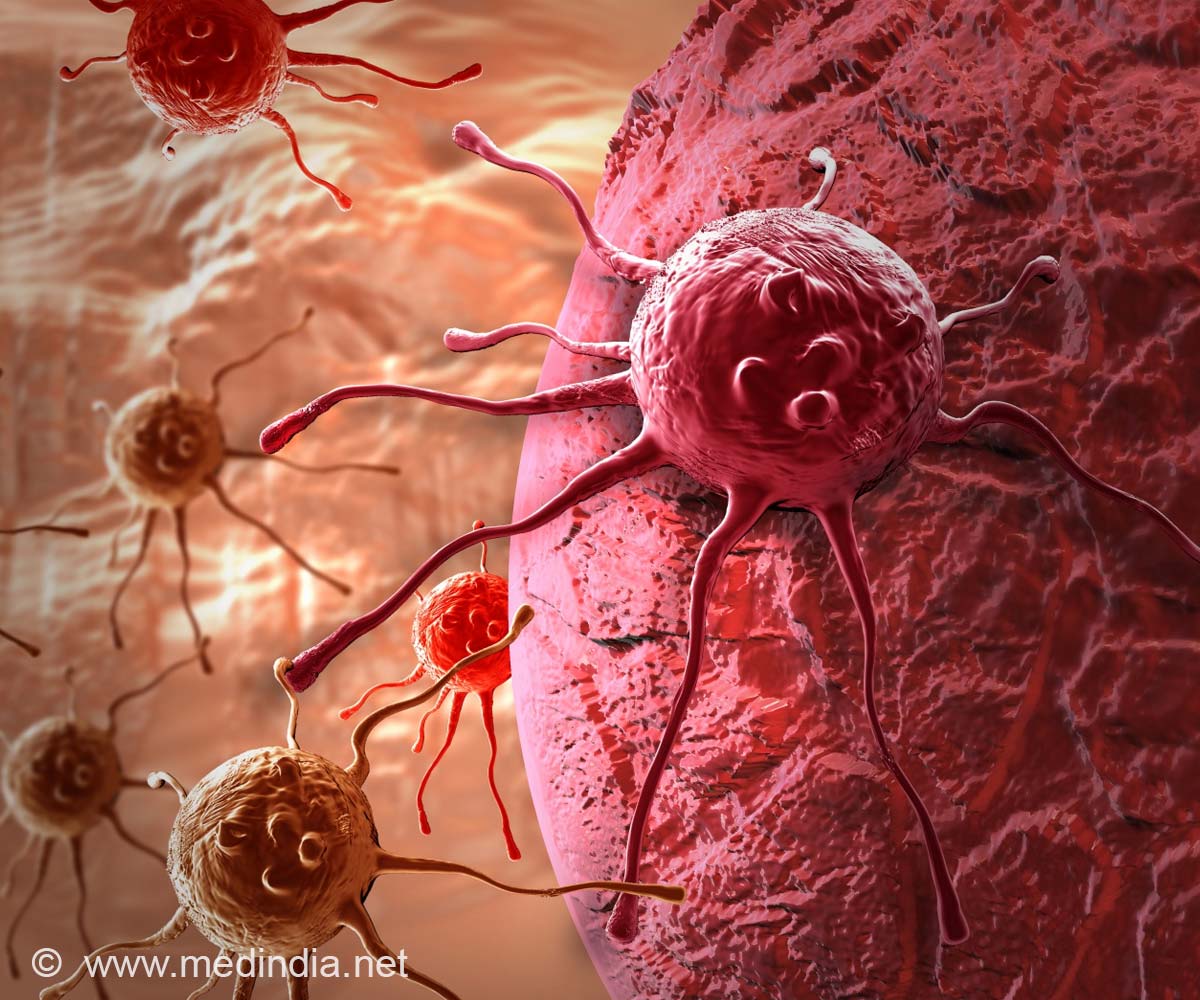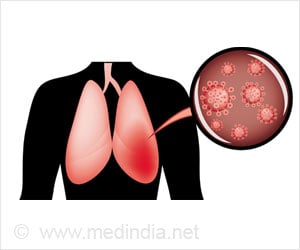Discover how targeted nutrients can reactivate suppressed metabolic pathways in cancer cells, offering new hope in the fight against cancer.

Nutrient-delivery and metabolism reactivation therapy for melanoma
Go to source). Australia has the highest rate of skin cancer in the world. This new approach could be combined with current therapies to better treat melanoma. The technique also has the potential to treat other types of cancer.
‘The study indicates a promising new frontier in utilizing #nanomedicine for #cancer therapy. #nutrients #skincancer ’





The study, Nutrient-delivery and metabolism reactivation therapy for melanoma, was led by Professor Wenbo Bu from Fudan University and Professor Dayong Jin from the University of Technology Sydney, and recently published in the prestigious journal Nature Nanotechnology. Tyrosine has limited bioavailability in living organisms. However, the researchers used a new nanotechnology technique to package it into tiny particles called nanomicelles, which are attracted to cancer cell membranes, and break down easily, boosting absorption.
Tyrosine Nanomicelles Reactivate Dormant Metabolic Pathways and Inhibit Tumor Growth
The research team then tested the innovative treatment in mice and in human-derived melanoma cells in the lab and found that the tyrosine nanomicelles reactivated dormant metabolic pathways, triggered melanin synthesis, and inhibited tumour growth.“Uncontrolled rapid growth is a key feature that distinguishes cancer cells from normal cells. In cancer cells some metabolic pathways are over-activated, and others are suppressed, to create the environment necessary for rapid spread,” said Professor Jin.
“While a few metabolism-based drugs for cancer have been developed previously, such as aromatase inhibitors impeding estrogen synthesis in breast cancer and HK2 inhibitors targeting glycolysis in various cancers, these work by suppressing over-activate metabolic pathways,” he said.
Advertisement
Different types of cancer will respond to different nutrients. Melanoma cells develop from melanocytes – skin cells that produce melanin. Tyrosine is needed to produce melanin and it can stimulate melanin production, hence its effectiveness with melanoma.
Melanoma cells are also susceptible to heat stress. The researchers found that by combining tyrosine nanomicelle treatment with near-infrared laser treatment, they were able to eradicate melanoma in mice after six days and it did not reoccur during the study period.
Reference:
- Nutrient-delivery and metabolism reactivation therapy for melanoma - (https://www.nature.com/articles/s41565-024-01690-6)
Source-Eurekalert















